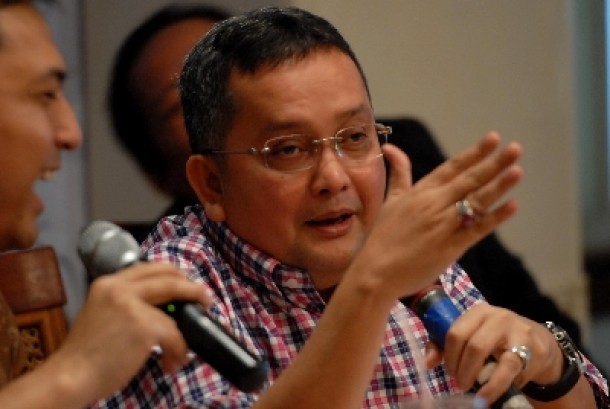Dubai Foundation for Women and Children says there is much work to do in teaching young how to protect themselves from abuse
DUBAI // Experts at a shelter for women and children have called for more awareness on the issue of sexual abuse.
Figures from the Dubai Foundation for Women and Children show a rise in the number of people receiving treatment for sexual abuse over three years.
The foundation treated 15 victims last year, up from 11 in 2011.
Most of the 15 were children aged between 6 and 11, and most did not stay at the shelter but received care and support outside, the foundation says. Most were from Asia.
Experts at the centre attributed the rise to the fact that more children are now encouraged to speak up and seek help. The centre gets cases through direct contact from parents or children, and then informs Dubai Police, or the cases are referred to the centre by police.
However, the experts said there was still much more work to do, especially as access to the internet and mobile phones is putting more children at risk, with many abusers meeting their victims online.
"Our programmes are focused on schools, both government and private, to teach children about the need to protect themselves," said Dr Anita Sunil, a clinical psychologist at the foundation.
Dr Sunil said workshops, awareness drives and peer groups in schools were crucial in helping children to reach out to others.
"Also, our programmes focus on community by initiating interesting shows for children and parents spreading messages to prevent abuse of children, conducted in social places like prominent malls in Dubai," she said.
Despite the increase in reported cases, many people are still afraid to report abuse because of the consequences, meaning the figures could be just the tip of the iceberg.
The shame of the abuse also affects the children, who choose not to speak about the issue, Dr Sunil said.
Children are mostly subjected to sexual abuse by family members, said Dr Tara Wyne, clinical psychologist and clinical director at the Lighthouse Arabia clinic in Dubai.
Dr Wyne said such cases were harder to deal with and affected the child more than if their abuser had been a stranger. "Those are harder cases because the child hasn't felt safe or has been hurt over a long period of time," she said.
"They've lost out on their innocence or childhood experiences that make them a person, that make them grow up and be social and learn how to be with people, and learn how to do things and be their own identity."
In middle childhood, children are more vulnerable, which makes them open to sexual abuse.
They accept the abuse because they do not have enough knowledge, Dr Wyne said.
"They accept everything adults do because adults are always right and they don't have a powerful voice to say 'don't'," she said.
Dr Ahmad Al Omosh, dean of the college of sociology at the University of Sharjah, said it was important to acknowledge that many cases went unreported.
"Many children are threatened and will not talk about the abuse. We have to keep that in mind," he said. "We cannot have an idea of the real number of cases."
Dr Veena Luthra, consultant psychiatrist at the American Centre for Psychiatry and Neurology in Abu Dhabi, said cases going unreported could be due to secrecy in families and their fear of destroying the family's reputation.
"In this society, abuse is a topic people don't really talk about," Dr Luthra said.
"There is family secrecy, especially when it is sexual."
But the family must discuss the problem with the child and confront the perpetrator. Dr Hussein Maseeh, social-care expert at the Dubai Community Development Authority, said the issue "should not be pushed under the carpet".
"The earlier we catch the abuse, the better. Sometimes if we don't intervene, the child might cope in a dysfunctional way and act normal, but the result will be devastating," he said.
aalkhoori@thenational.ae
nbakhsh@thenational.ae
@ For more on CHILD SAFETY, visit thenational.ae/topics






















